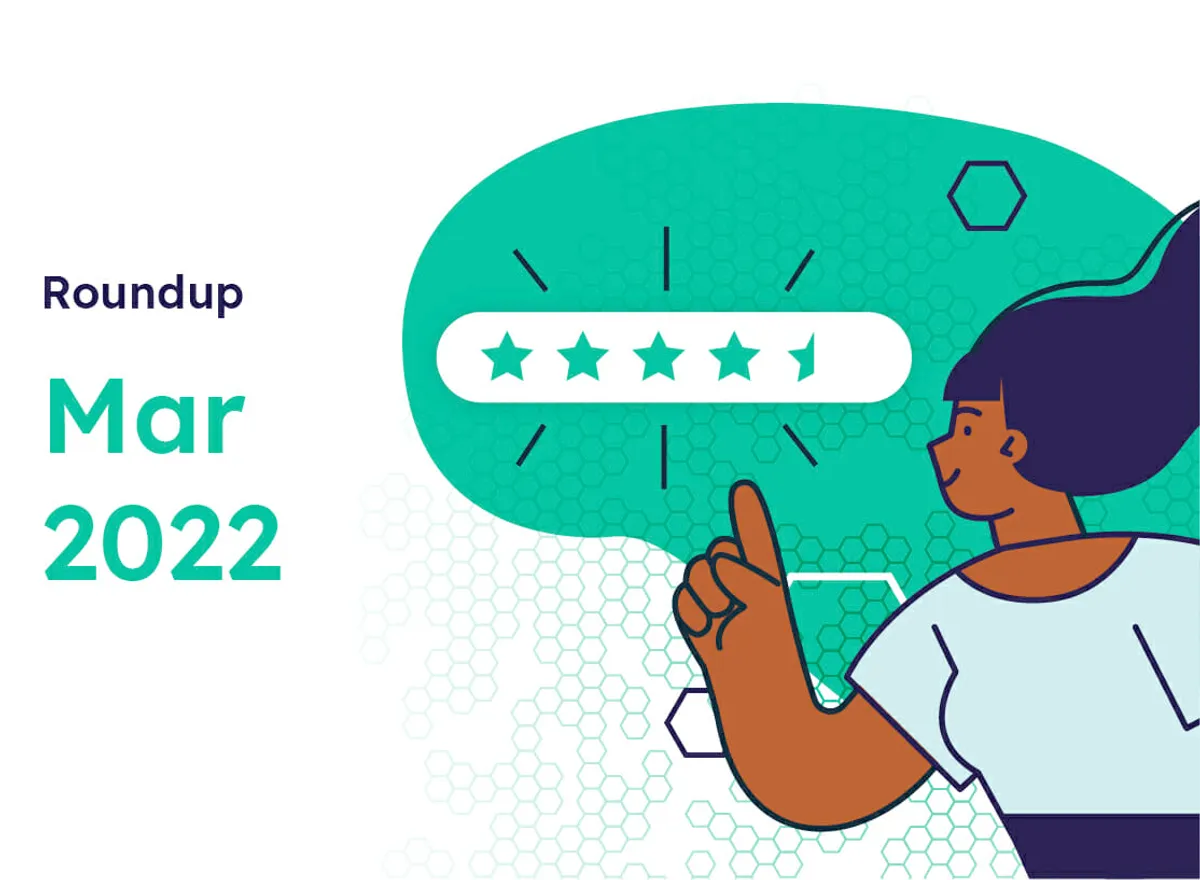The Medico team is made up of passionate healthcare marketing specialists who like to stay in the loop when it comes to the latest healthcare industry news, opinions, regulatory changes and insights.
Each month, we’ll be bringing you a round-up of the top healthcare news you need to be aware of, as well as our own take on breaking stories.
Here are the digital healthcare updates that have caught our eye in March.
Alexa users will be able to call a doctor via voice command as Amazon and Teladoc partner on virtual care
In the most recent healthcare/big tech collaboration, Amazon partnered with Teladoc to provide accessible, virtual medical care to US customers.
Users of Amazon’s Alexa-enabled devices will now be able to use voice commands to call a doctor.
Once a customer says “Alexa, I want to talk to a doctor,” their device will connect them with the Teladoc call centre, before a certified Teledoc doctor calls back for a ‘virtual visit’. These virtual visits — which will initially be audion only, with video coming soon — will allow patients to discuss their general medical needs and speak with a doctor about non-emergency conditions around the clock.
Medico take: In the US, consumers will be able to speak to a healthcare professional directly through their Alexa enabled device. This is a signal of access to healthcare becoming more widespread, healthcare’s continued unification with consumer tech and, of course, Amazon’s inevitable emergence as a global healthcare superpower.
Young people are using TikTok to self-diagnose mental health conditions
Young people are using TikTok to self-diagnose serious mental health conditions, reports Everyday Health.
The popular social media platform, known for its 15-second video clips across a spectrum of topics, has a growing mental health community that has been celebrated for its role in providing education and support to young people as well as destigmatising mental health diagnoses.
However, the last year has seen an increase in teens and young adults using TikTok to self-diagnose conditions such as autism, ADHD, borderline personality disorder and obsessive-compulsive disorder (OCD), among others.
While being part of a wider online community that provides support can be beneficial, the concern is that TikTok mental health “experts” are being used as the first port of call for young people. This can be problematic — psychiatric diagnosis is a complicated process that often requires subtle distinctions.
Medico take: Step aside Dr. Google, Dr. TikTok will see you now. Social media being a first line for information is not a new phenomenon, but an opportunity for healthcare professionals to build a following on the platform continues to emerge. Of course, there are always implications surrounding safety and credibility when using social media platforms for health advice.
Spire Healthcare revenue soars
Leading UK independent hospital group, Spire Healthcare, recently announced its preliminary results for the year ended 31 December 2021.
Spire has seen record growth in private patient revenues in 2021, and expect to see continued strong growth in 2022 as increasing awareness of private healthcare alternatives and record waiting lists lead to more people choosing to use independent healthcare providers such as Spire.
In particular, Spire has seen self-pay driving exceptional private revenue growth during the last year, despite the challenges and cost pressures of Covid.
Medico take: Self-pay revenue up 115% YOY is more evidence that the pandemic set us on a path to a fundamental shift in the way in which private healthcare is viewed in the UK.
Fall in waiting times for hospitals trialling AI heart monitoring technology
Hospitals in England are trialling a new monitoring device that patients wear at home to help improve and speed up the diagnosis of irregular heart rhythms (arrhythmia), reports Med-Tech.
In Liverpool Heart and Chest — one of the hospitals where the pilot is taking place — patient waiting lists have been reduced from as high as eight weeks to just days.
The hospitals, which include Liverpool Heart and Chest, Barts, Bristol Southmead, East Kent and Gloucestershire hospitals, joined the pilot in 2021 to evaluate the new service which is funded through the NHS AI in Health and Care Award.
Patients are fitted with a discreet and showerproof AI-enabled monitor called ‘Zio XT’ which has been developed by digital healthcare company, iRhythm Technologies.
After up to 14 days of wearing the device, the patient returns it by post for analysis by iRhythm, who use both AI and a team of certified cardiac physiologists to analyse the data.
Quick and accurate diagnosis of a range of arrhythmias means patients can then be treated faster without the burden of repeat testing — resulting in significantly improved patient outcomes and reducing pressure on hospital resources.
Medico take: We’re pleased to see recognition for a medical device that is massively improving the care pathway for cardiac patients, as well as reducing waiting lists and making clinicians’ lives easier. If you’re interested in how you can go about marketing a device like this, you’ve come to the right place.
If you missed last month’s healthcare marketing news, you can find our February round-up here.
